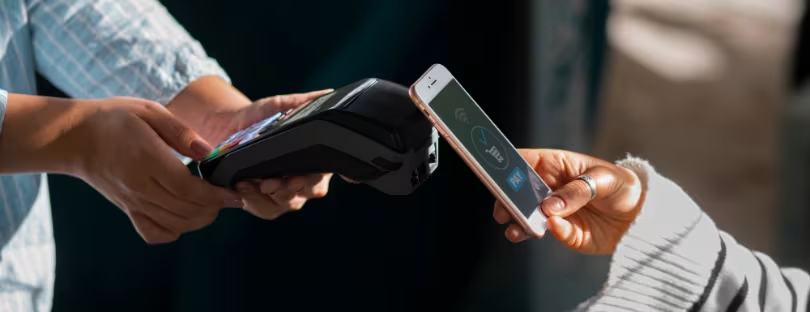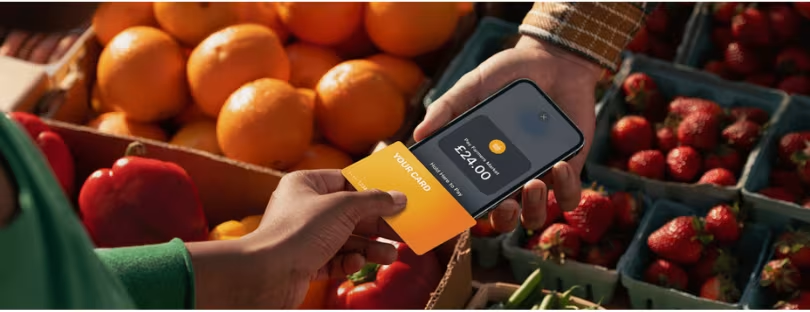
Vodafone planning M-Pesa platform expansion across Africa
Vodafone plans to turn its M-Pesa mobile payments service into a wider financial services platform operating across the whole continent of Africa, reports the Financial Times.
M-Pesa, launched in Kenya a decade ago as a peer-to-peer mobile money service for people without a bank account, has grown into Africa’s largest payments service. A push to offer more sophisticated financial and ecommerce services could open the door to a stake sale to highlight the business’s value.
Nick Read, who took over as Vodafone chief executive in 2018, has laid the ground to separate the company’s huge tower business into an independent company, a move that has lifted the company’s flagging stock price by about 10 per cent.
Analysts see M-Pesa, like the towers, as an under-exploited asset on Vodafone’s balance sheet. Shareholders attribute it little value because they regard it as a small part of a mature telecoms company rather than as a pioneering fintech business.

While it only accounts for 3.5 per cent of revenue at Vodacom, Vodafone’s African arm, applying a valuation in line with other payment technology companies — roughly 20 times earnings — would make M-Pesa worth as much as $1.5bn, three times its current implied value.
Expanding its range of products and its geographic scope could significantly boost its value. Vodafone’s strategy is to expand M-Pesa’s business rapidly in the seven African countries where it already operates as well as in new markets such as Ethiopia, where the British company has no telecoms network. “I believe we can turn it into Africa’s largest unbanked bank,” Mr Read told the Financial Times. “To achieve this, we need to explore strategic technology partnerships and work with key financial institutions. I believe there is the opportunity to roll out M-Pesa into other countries where we do not have existing mobile operations when the platform is further developed.”
M-Pesa was launched in 2007 by Safaricom, the Kenyan telecoms company jointly owned by Vodafone and the Kenyan government. Named after the Swahili word for money, the basic transfer service quickly took off in a market with limited banking infrastructure.








